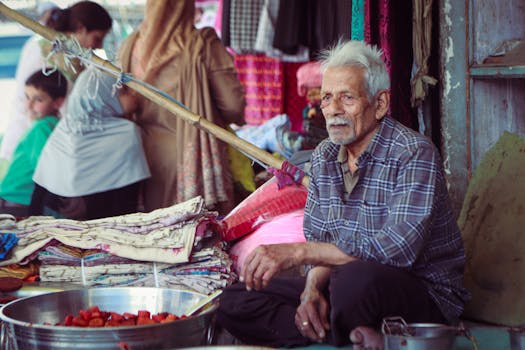
**
India's Trade Minister Goyal: No Deadlines, Only National Interest in Fair Trade Negotiations
India has reiterated its commitment to fair and equitable trade practices, asserting that national interest will guide its approach to ongoing global trade negotiations. This unwavering stance was underscored by Commerce and Industry Minister Piyush Goyal, who recently emphasized that India will not be pressured into accepting unfavorable trade deals, regardless of imposed deadlines. This declaration carries significant weight amidst escalating global trade tensions and ongoing negotiations on various multilateral and bilateral trade agreements.
India's Stance on Fair Trade: A National Priority
Goyal's statement signals a shift towards a more assertive and independent approach to international trade for India. This assertive posture is rooted in several key factors:
Protecting Domestic Industries: India's burgeoning domestic industries, particularly in sectors like agriculture, textiles, and pharmaceuticals, require protection from unfair competition. Goyal's stance reflects a determination to safeguard these crucial sectors from potentially damaging trade practices, such as dumping and predatory pricing. This directly impacts India's economic growth and employment generation.
Promoting Fair Trade Practices: India is advocating for a fairer and more equitable global trading system. This involves pushing for reforms within existing organizations like the World Trade Organization (WTO) to address issues like agricultural subsidies, intellectual property rights, and non-tariff barriers. Goyal's emphasis on "national interest" underscores India's desire for a level playing field, ensuring its participation in global trade isn't undermined.
Ensuring Food Security: India's vast agricultural sector is vital to its food security. The government is acutely aware of the potential risks posed by unrestricted imports and the impact on farmers' livelihoods. Negotiations related to agricultural trade are therefore particularly sensitive and require a nuanced approach prioritizing the welfare of Indian farmers and consumers.
Navigating the complexities of WTO Agreements
India's engagement with the WTO, particularly its participation in various WTO agreements, has been marked by a consistent focus on safeguarding its national interests. The country has actively challenged unfair trade practices, advocating for reforms within the organization to create a more just and equitable global trading system. This includes:
Agricultural Subsidies: India has been vocal in its criticism of the agricultural subsidies provided by developed nations, arguing that they distort global markets and disadvantage developing countries.
Non-Tariff Barriers: India has pushed for the reduction of non-tariff barriers, which often hinder the access of developing countries' products to developed markets. These barriers can include complex regulations, sanitary and phytosanitary measures, and technical barriers to trade (TBT).
Intellectual Property Rights (IPR): India has consistently sought a balanced approach to IPR, advocating for a system that promotes innovation while ensuring access to essential medicines and technologies.
Bilateral Trade Agreements: A Focus on Mutual Benefits
Beyond multilateral engagements, India is also actively involved in negotiating various bilateral trade agreements. The government's approach, as highlighted by Goyal, remains steadfast in prioritizing national interest. This involves meticulously evaluating the potential benefits and drawbacks of each agreement before committing. India seeks agreements that:
Promote reciprocal benefits: Any trade agreement must offer tangible benefits to India's economy and its various sectors. This includes market access for Indian goods and services, as well as investment opportunities.
Protect domestic industries: Bilateral agreements are structured to avoid undermining domestic industries and ensuring they can compete effectively in the global market.
Align with national development goals: Agreements are carefully scrutinized to ensure they support India's broader economic and social development goals, including poverty reduction and inclusive growth.
India’s Trade Policy: A Balancing Act
India’s approach to trade policy represents a delicate balancing act between engagement with the global trading system and safeguarding national interests. This strategy is not about protectionism, but rather ensuring fair and equitable trade practices that promote sustainable and inclusive growth. The government’s commitment to a flexible but firm stance ensures that India’s participation in global trade benefits its citizens and strengthens its economic position on the world stage.
The Future of Indian Trade Policy
Goyal's emphasis on "no deadlines, only national interest" signals a long-term commitment to this approach. India's growing economic clout allows it to negotiate from a position of strength, demanding fair terms in all trade engagements. This proactive approach is expected to shape India’s role in global trade negotiations for years to come, influencing the discourse on fair trade and impacting the global economic landscape. This approach positions India not just as a participant, but as a key player driving positive change in international trade governance. The focus remains on creating a more just and equitable global trading system, where the interests of all nations, particularly developing economies, are adequately represented and protected. The emphasis on national interest signifies a mature and independent trade strategy for India, poised for further growth and global influence in the years to come.




















